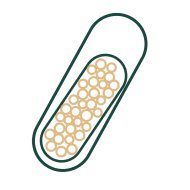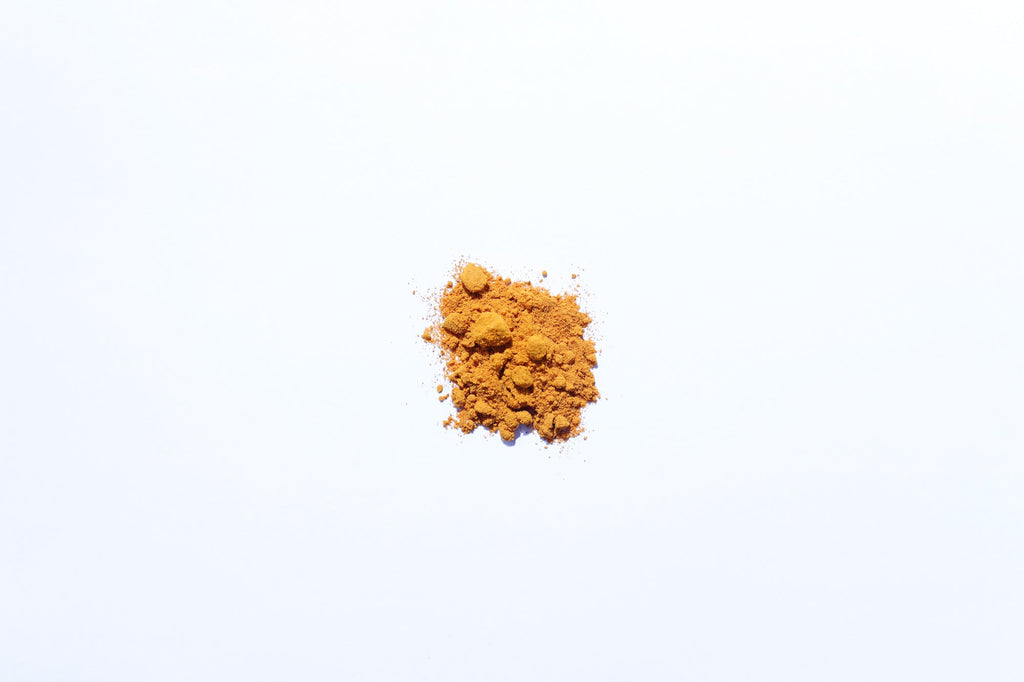
Do you have questions?
Need additional advice? No problem! Ask our team of experts. We'd love to hear from you.
Your cart
Your cart is empty
Continue shoppingYou might also like
Order special instructions
Subscribe to our newsletter and get a 10% discount. Click here and subscribe!
Folic acid is the synthetic form of folate (vitamin B9) and is used in supplements and fortified products, while folate naturally occurs in foods such as leafy green vegetables and legumes.

Folic acid is a synthetic form of folate, a B vitamin (vitamin B9) found in foods such as green leafy vegetables, legumes, and certain fruits. It's often used in supplements and fortified foods because it's more stable than the natural form, folate.
Folate is the natural form of vitamin B9, found in foods such as fruits and vegetables, while folic acid is the synthetic form used in supplements and fortified products. The body must convert folic acid into the active form of folate before it can be used.
Folic acid supplementation increases maternal folate status. Low maternal folate status is a risk factor for neural tube defects in the developing fetus. Therefore, folic acid is often recommended during pregnancy or pregnancy planning.
Folic acid can be obtained through supplements or fortified foods, such as certain cereals and breads. The natural form of folate is found in foods such as green leafy vegetables, legumes, and citrus fruits.
Women who are planning to become pregnant are advised to start folic acid supplementation before they become pregnant. This is important because the neural tube forms in the first weeks of pregnancy, often before the woman knows she is pregnant.
Calcium L-methylfolate is the biologically active form of folate, a form of vitamin B9 that the body can use directly. It's the activated form of folate, which means that it doesn't have to be converted first as is the case with folic acid.
Folate contributes to normal blood formation,essential for the transport of oxygen through the body.
Folate plays a role in the cell division process, which is crucial for the growth and regeneration of cells in the body.
Folate contributes to normal homocysteine metabolism, which is important for maintaining healthy cardiovascular function.
Folate contributes to the normal functioning of the immune system, which helps protect the body against infections and diseases.
Folate contributes to normal psychological function, which supports emotional and mental well-being.
Folate contributes to the reduction of tiredness and fatigue, which helps to support daily energy levels.
Folate contributes to tissue growth during pregnancy, which is essential for the development of the fetus.
In the Smart Vitamins for Her and Him from Insentials we choose calcium-L-methylfolate because it's immediately available to the body. This makes it especially suitable for people who have difficulty converting folic acid to the active form of folate.

Need additional advice? No problem! Ask our team of experts. We'd love to hear from you.
+32 475 75 32 52

